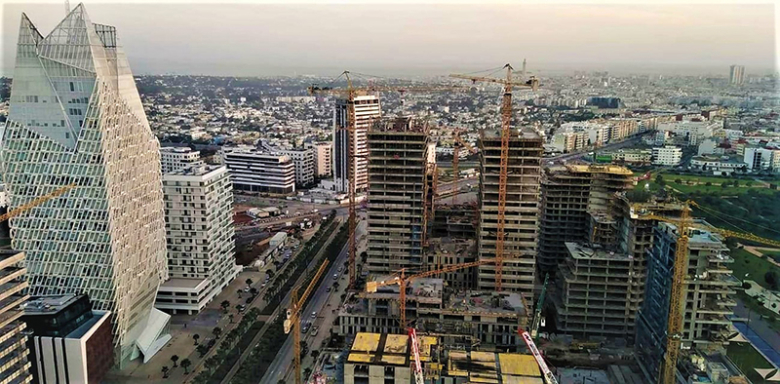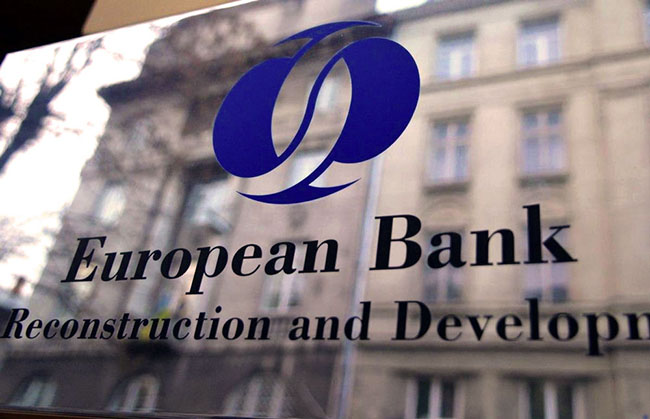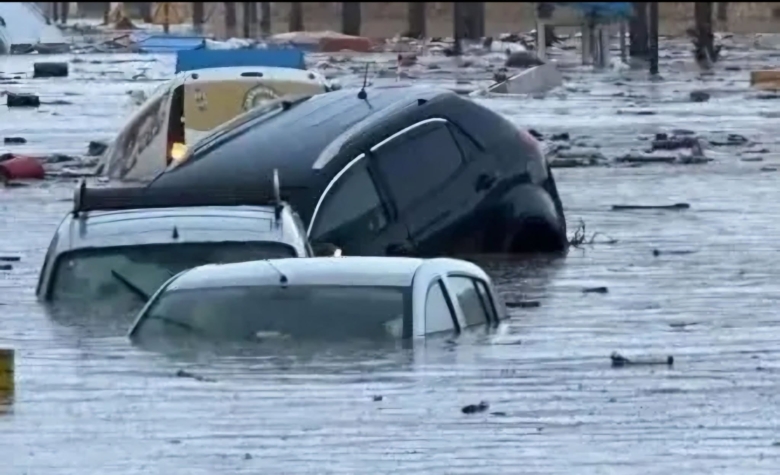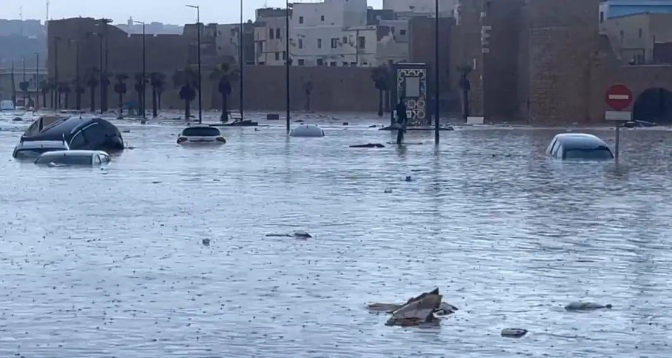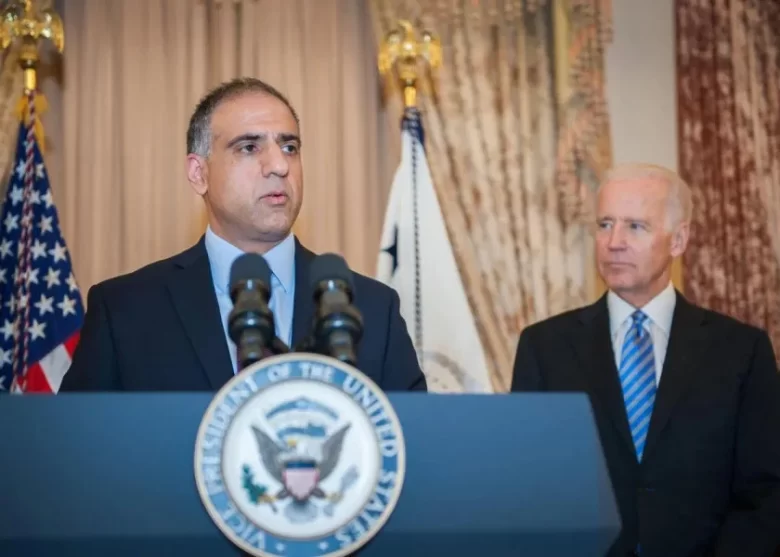The uMkhonto weSizwe (MK) party, led by former South African President Jacob Zuma, has strongly criticized the Department of International Relations and Cooperation (DIRCO), calling on it to cease acting as the “propaganda arm” of the ruling African National Congress (ANC). The party reaffirmed its commitment to supporting Morocco’s autonomy proposal as the final solution to the Sahara dispute.
This came during a press conference held by the party on Friday afternoon in Johannesburg, convened to discuss internal developments and, at the same time, respond to the controversy sparked by Zuma’s visit to Morocco last month, which coincided with official criticism from both the government and the ruling party in Pretoria.
Speaking at the conference, MK’s national president Nathi Nhleko said Zuma’s trip to Rabat was a continuation of consultations that began in 2017 between him and King Mohammed VI, with the aim of working toward normalizing relations between South Africa and Morocco.
Nhleko added that the party believes “granting the people of the Sahara full local self-government under Moroccan sovereignty is a practical and viable solution” to a dispute that has lasted for half a century. He noted that this stance is gaining growing support from a number of African countries, including states in the Sahel region that Zuma intends to visit before the end of the year.
Detailing Zuma’s visit, Nhleko said the former president toured the Tanger Med Port, which he described as “the best-performing port in Africa,” where discussions were held on training and skills development opportunities for unemployed South African maritime graduates.
Zuma also met with executives from Renault Group in Tangier, focusing on cooperation opportunities for South African mechanical engineering graduates. According to Nhleko, the party reached a partnership agreement with the Mohammed VI Football Academy that will allow South African football academies to benefit from Morocco’s advanced scientific approach to developing sports talent.
The visit also included meetings with the Speaker of Morocco’s Parliament and representatives of various political parties, aimed at studying Morocco’s stable coalition government model and comparing it to what Nhleko described as the “incoherent and chaotic alliance” in South Africa.
Nhleko revealed that a new delegation, led by the party’s deputy president, Dr. Mlaudi Lopi, will soon travel to Morocco to deepen these partnerships and explore the traditional governance systems practiced in the kingdom.
Responding to a statement by the Department of International Relations and Cooperation, Nhleko stressed that the ministry was fully aware of Zuma’s visit and that South African embassies had provided the necessary diplomatic support. He urged the ministry to stop engaging in propaganda for the ruling party.
“In this regard,” Nhleko said, “we want to make it absolutely clear that our foreign policy must serve the national interest, not the narrow political agendas of the ruling party.”


